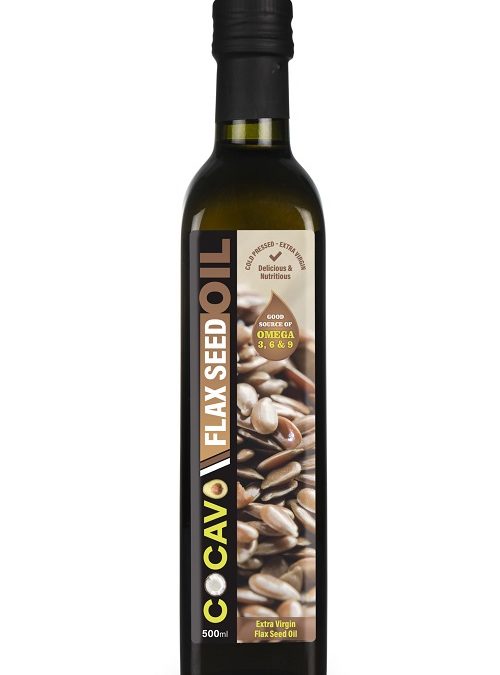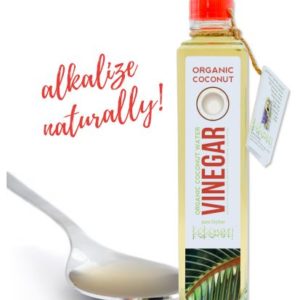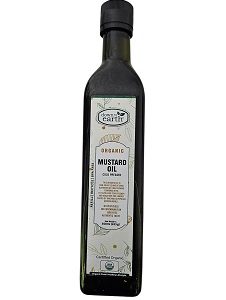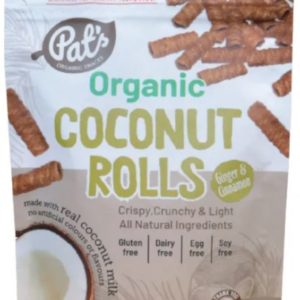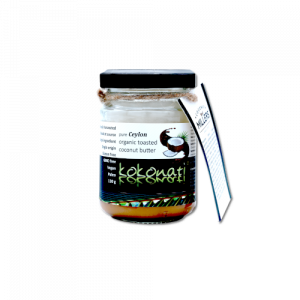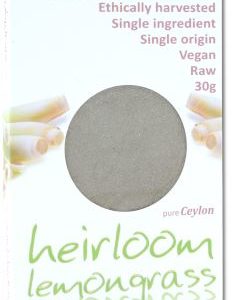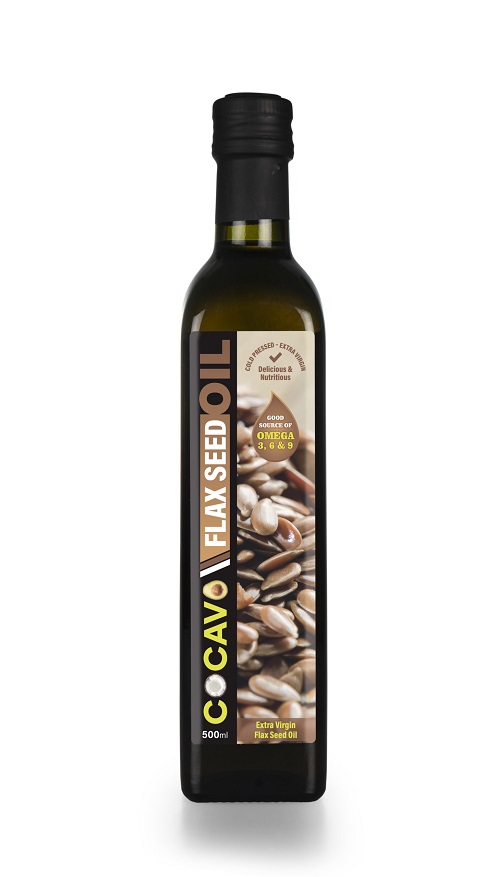
What Is Flaxseed Oil?
Here’s a bit more information about our fantastic Extra Virgin Flax Seed Oil.
The Latin name of the flax plant literally translates as “very useful”, which gives it a high standard to live up to.
While flax was originally used in the manufacture of textiles, people soon found a use for its seeds in the production of oil, as well as being a handy snack.
Flaxseed Oil Benefits
As with hemp seed oil, flaxseed oil is known as a great source of polyunsaturated fatty acids and omega-3 (in the form of alpha-linolenic acid, aka: ALA). It’s also gluten-free, and is high in both fibre and antioxidant properties.
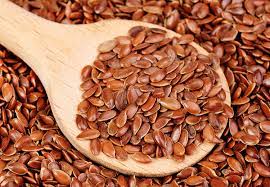
Cooking With Flaxseed Oil
Flax seed oil shouldn’t be heated at all.
Because its smoke point is so low, heating flaxseed oil will actually degrade the nutritional benefits of the oil and can produce nasty impurities that are actively harmful when consumed.
However, flax seed oil it’s still a great addition to any dips or salad dressings, as well as a tasty way to add some extra nutritional kick to a smoothie.
Flaxseed Oil for Skin and Hair
Where flaxseed oil really comes into its own is in the beauty department. Loaded with vitamin E, it can help improve hair loss and reduce dandruff, while its omega-3 content means it can be applied topically as something of a skin conditioner. Modern science is also slowly starting to back up flaxseed oil’s centuries-old usage in complementary medicine, and offering conclusive proof that flaxseed oil can be used to smooth & improve sensitive skin.
FAQ’s
What is Extra Virgin Flax Seed Oil
Flax Seed Oil is the name given to oil extracted from premium quality, food grade Flax seeds (seeds from the European flax plant, also known as linseed, and NOT the native NZ Flax). The seed is grown primarily for its oil content, and the high amount of Omega 3 it contains. Our Flax Seed Oil is cold-pressed using natural processing techniques to produce high quality Flax Seed Oil. Extra Virgin is the term used (typically by the olive oil industry) to identify premium quality products with excellent taste, chemical and nutritional properties.
_______________________________________________________________________________________
Is Flax Seed Oil related to the New Zealand native flax plant?
This is a very common question in New Zealand. Flax Seed Oil comes from the seed of the linseed plant (Linum usitatissimum), which is the European flax plant and not the New Zealand native flax plant. Linseed is known as Flax Seed in other parts of the world, particularly in the northern hemisphere, but this can be confusing for New Zealanders because of our native flax plant.
_______________________________________________________________________________________
Is Flax Seed Oil the same as Linseed Oil?
No. Whilst the oil comes from the same plant, the grades of seeds used, and the extraction techniques are completely different. Globally, linseed oil is the term used for industrial grade oil used for staining wood for example. For food grade oil, the term used is flax seed oil. Therefore you will only ever find flax seed oil in health stores for human consumption.
________________________________________________________________________________________
Where does your Flax Seed Oil come from?
The seed is grown by a group of farmers in the Canterbury region of NZ. Our supplier monitors the crops right from when the seed goes into the ground through to harvest. They then cold press the seed at their cold pressing plant in Ashburton, to extract the oil from the seed.
_______________________________________________________________________________________
What is cold pressing?
Cold pressed Flax Seed Oil is obtained by ‘squeezing’ the oil out of the seed, without the use of heat, chemicals or solvents. Cold pressed oils retain all of their flavor, aroma, and nutritional value, and are considered to be healthier than conventionally made oil because of the lack of heat and chemicals in the production process. Our suppliers established Ashburton plant has been dedicated to producing cold pressed Flax Seed Oil since 1987. Some large scale Flax Seed Oil producers use solvent extraction, exposing the seed to heat and solvents, which damage the health giving properties of the oil. Some also refine, deodorise and bleach the oil, which produces a colourless, bland and odourless oil.
_______________________________________________________________________________________
What does Flax Seed Oil look and taste like?
Good quality Flax Seed Oil that is cold pressed should be a bright golden colour, with a fresh nutty aroma and delicate taste. There should be no nasty after-taste or bitterness to it, and it certainly should not be brown or clear!

